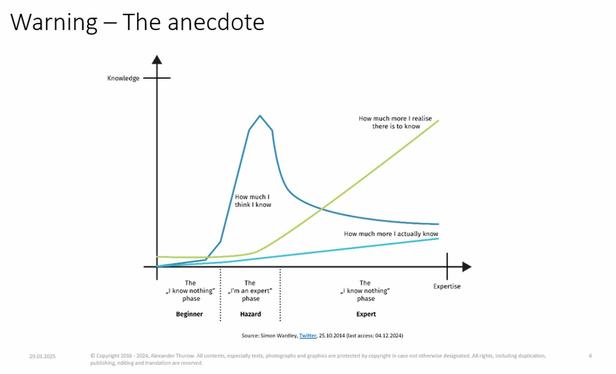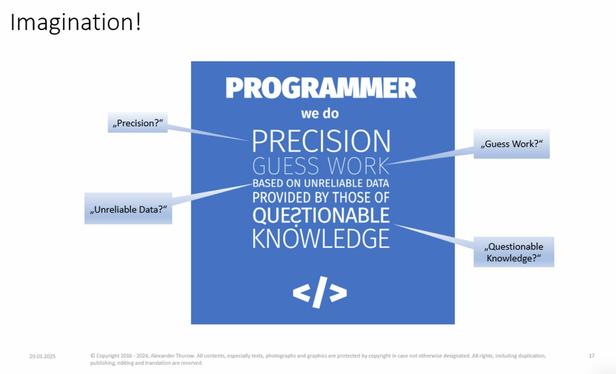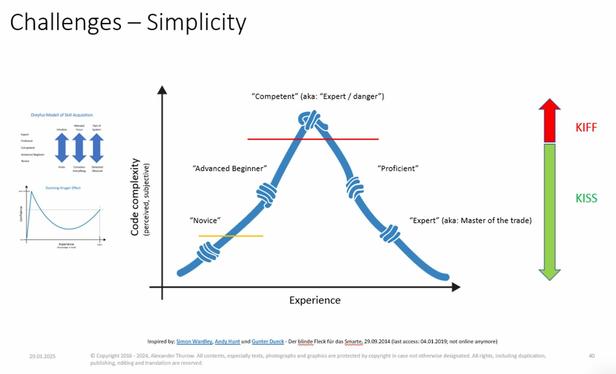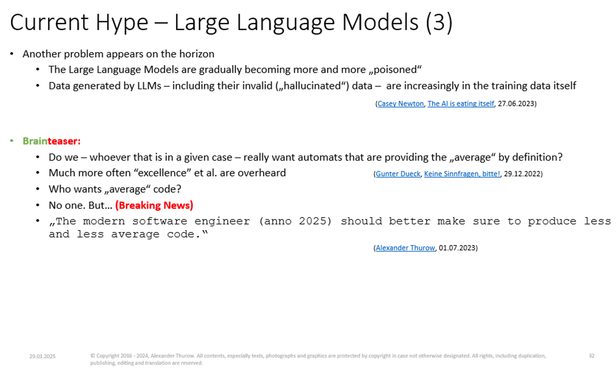You know, we invented systems before there were computers.
'Forms' were on paper, rather than on screens.
An 'in tray' was an actual metal wire, or wooden tray, for paper letters, notes, memos and forms.
A database was called a 'filing cabinet'.
An 'interface' was a mail box.
A 'front end' was a person, with a job title like administrator, or clerk.
These systems were described, in excruciating detail, in procedure manuals.
The processes were run not by CPUs, but by people.
'Bugs' were when people made mistakes.
Systems were difficult to understand, even harder to diagnose, and very very hard to fix or change.
To change the way a department worked, for e.g. accounts receivable was so hard that most companies never even tried.
And yet somehow people are under the impression that it is the code that is the difficult bit about modern business systems.
So they try and make the code part easier.
#LowCode #LoCode #NoCode #AI #GenAI #LLM
It was never the code. Code was never the bottleneck.
https://raganwald.com/2012/01/08/duck-programming.html






